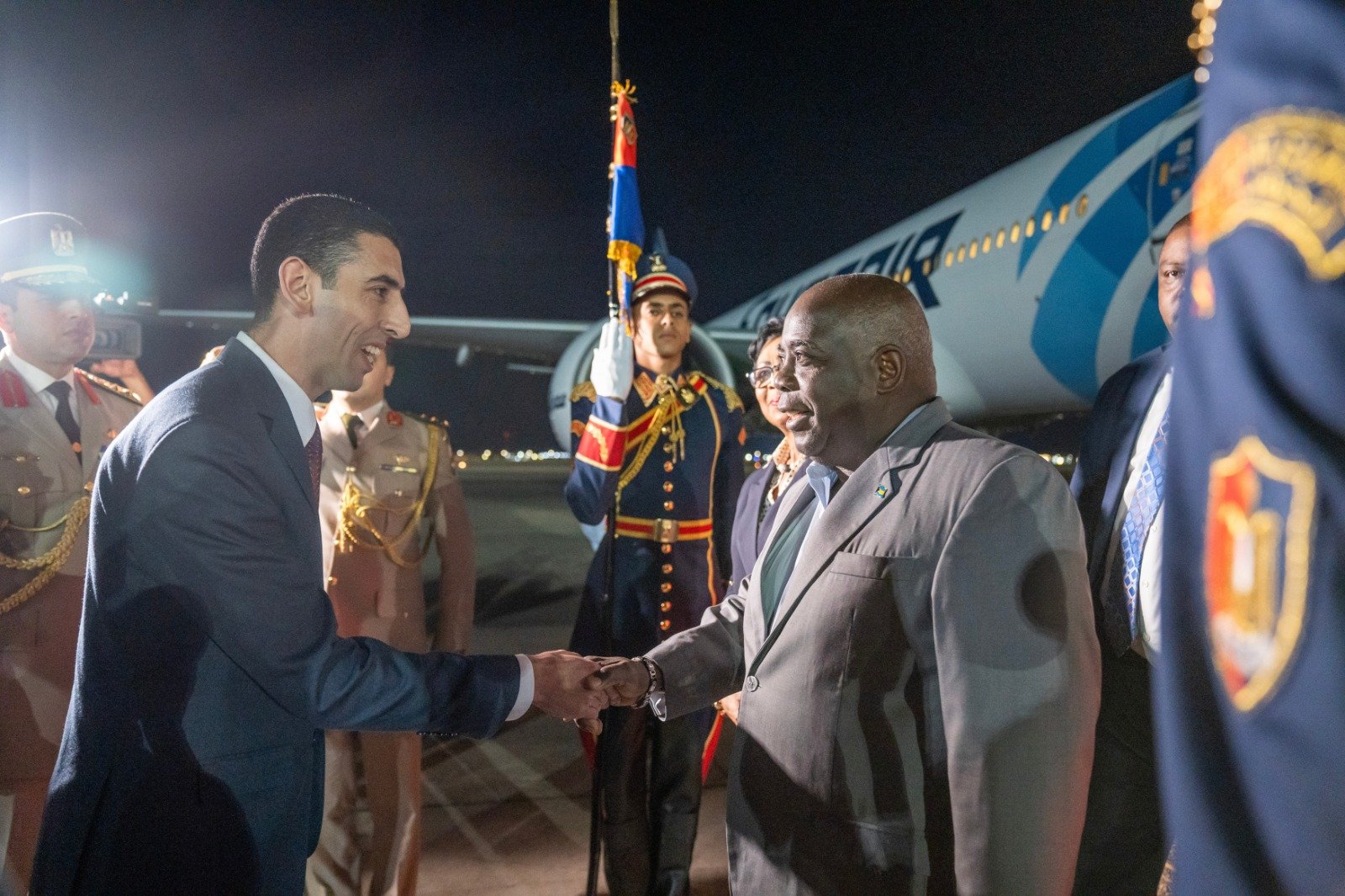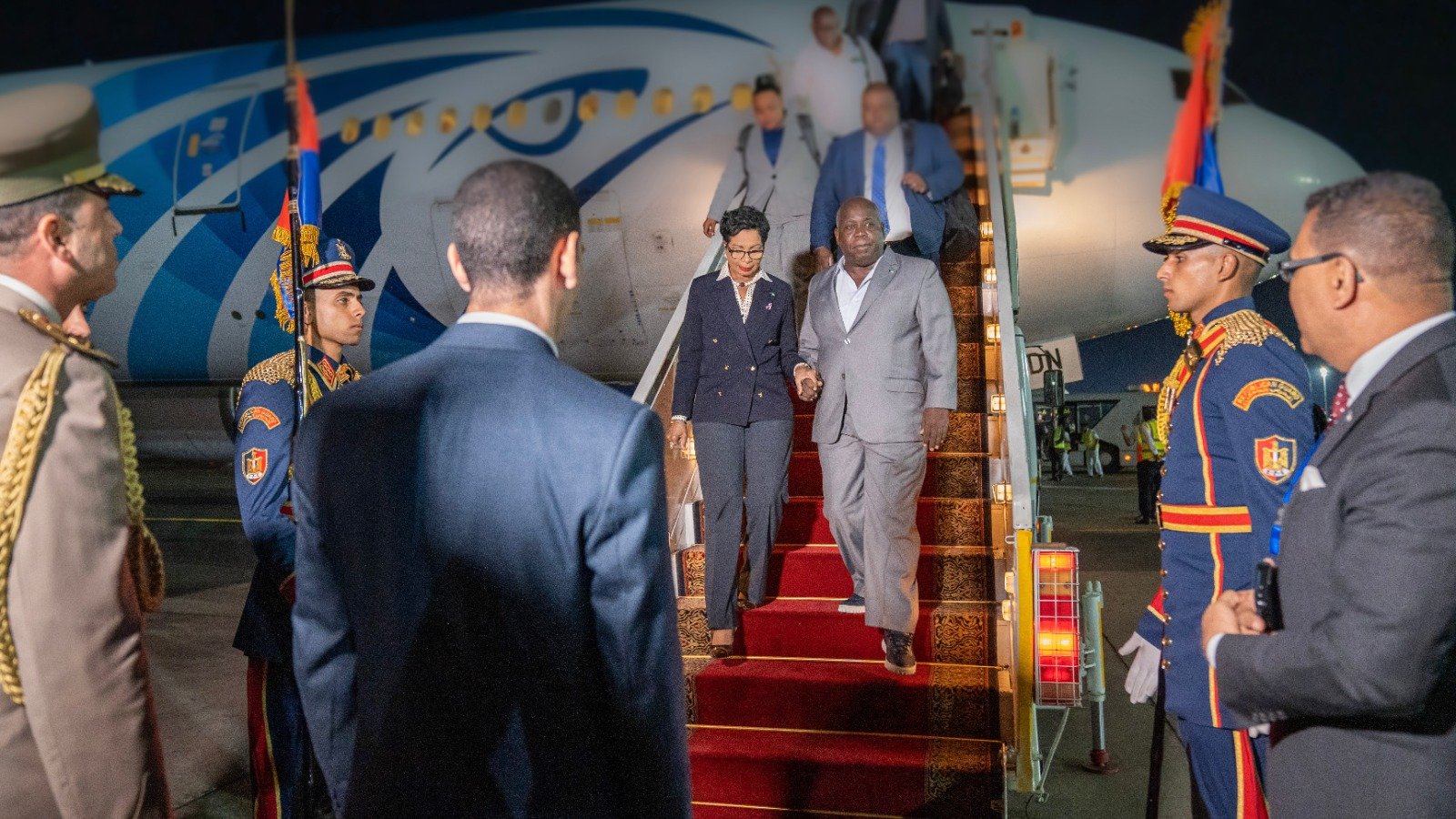SHARM EL SHEIKH, EGYPT — The International Monetary Fund has pledged its support of the country’s climate financing agenda, particularly the monetization of carbon credits following a meeting with Prime Minister Philip Davis.
Davis continued his advocacy for greater access to funding for climate-vulnerable small island developing states during talks with Kristalina Georgieva, IMF Managing Director ahead of the United Nations Climate Change Conference, COP 27.
The prime minister arrived in Sharm El Sheikh, Egypt, on Saturday, and his first bilateral meeting of the trip covered climate financing, carbon credits, and funding for the loss and damages associated with climate change.
“I’m very encouraged by Kristalina’s support of The Bahamas and what we are doing and she is going to lend her voice to some of the challenges that we have,” Davis said.
“We will lend our voice to some of the initiatives that they have started to create. I’m very appreciative of the sensitivity the IMF is showing to the challenges that small island states like ours that has.
He added: “One thing that comes out of this meeting is neither of us are going to give up. Our conversation covered debt sustainability she has offered to look into how they factor in lost debt incurred by a consequence of climate change in the debt profile and how that impacts our debt sustainability.”
For her part, Georgieva described the meeting as “meeting of minds and meeting of hearts”.
“The world is falling short of commitments made to those countries that are most affected by the climate crisis,” she said.
“We have to find a way to unleash more financing for The Bahamas and all the countries like The Bahamas. Carbon offsets carbon credits can be an asset class for The Bahamas that helps to finance adaptation to climate shocks.”
The IMF has created a new $40 billion fund, the Resilience and Sustainability Trust, to address the impact of climate change on small island countries.
Georgieva called the fund a step forward towards ‘unleashing’ more financing.
“We have made one step in that direction by creating first-ever long-term concessional financing capacity at the IMF exactly to support countries that are vulnerable to climate shocks.” she said.
“It is available not just to low-income countries but to vulnerable middle-income countries like The Bahamas. Everybody who follows up on this topic knows that vulnerability to climate shocks has not been accepted as criteria…until now.”








